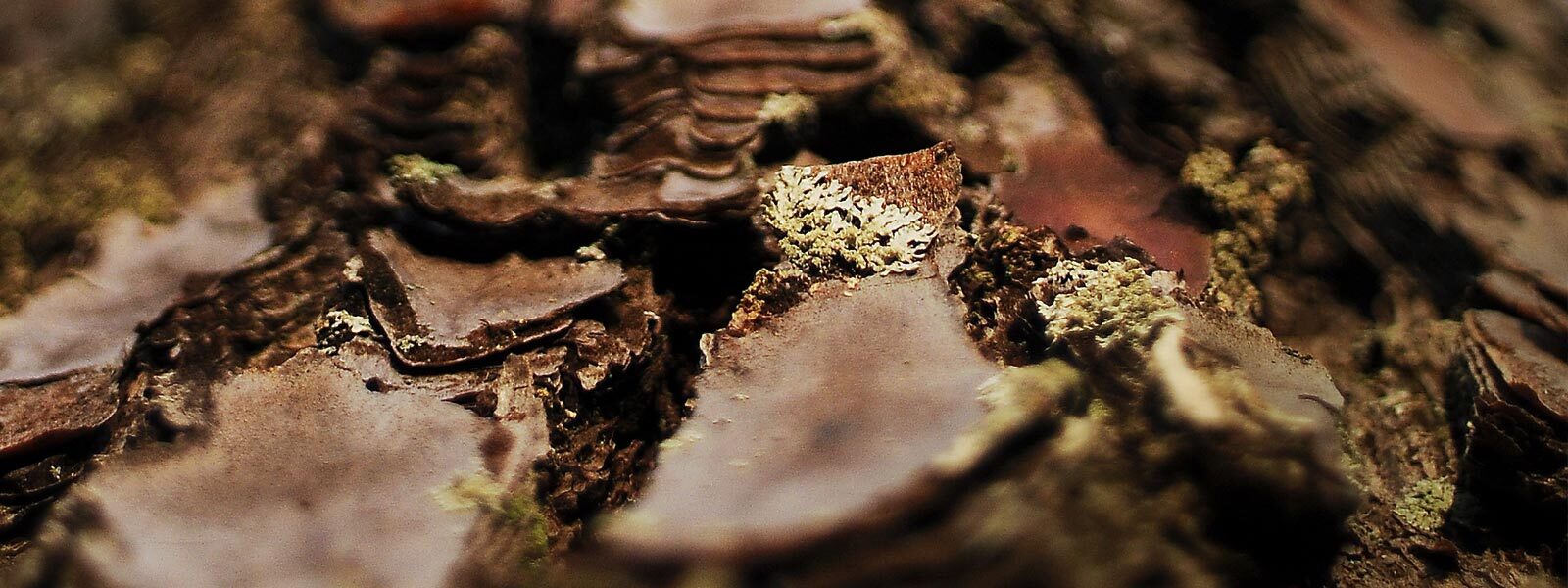The double-blind, placebo-controlled study investigated the healing of venous ulcers in three groups of 16 patients: one group received placebo tablets, another group received Pycnogenol tablets and the final group received both Pycnogenol tablets and local topical treatment of the wound with Pycnogenol powder. All three groups received compression stockings to counteract swelling and had their ulcers cleaned and disinfected. Over a six-week period, the groups were regularly monitored and researchers found the group treated with Pycnogenol tablets, the ulcer size was reduced to just 11.6 percent of the original size – a startling difference from the placebo group. And, the group who supplemented with Pycnogenol and used the topical Pycnogenol powder resulted in complete healing of the ulcer.
“Our goal in conducting this study was not to demonstrate the speed of Pycnogenol’s ulcer healing, but the effect of better blood circulation in the treatment of these difficult to heal venous ulcers,” said Peter Rohdewald, PhD, author of the study “Although venous ulcers occur in a small percentage of the population, just 1 percent, age, obesity and prolonged standing can contribute to poor vein health and chronic venous insufficiency which is becoming a growing concern.”
Venous disease is becoming increasingly more common, affecting about half of the adult population. The more progressed condition involving varicose veins is apparent in 10-15 percent of men and 20-25 percent of women. When veins are stretched for prolonged periods of time, blood seeps into the surrounding tissue causing painful swelling, also known as edema. Veins eventually remain dilated and the highly visible varicose veins may result. This condition is also known as chronic venous insufficiency. Untreated, chronic venous insufficiency will progress to the development of venous ulcers impairing arterial blood supply to legs and feet.
First signs include visible skin discoloration and further progression will lead to tissue decay with a visible open wound or ulcer. Left untreated, these ulcers do not heal due to the lack of blood flow and oxygen to the wound site. Ulcers will often take months, and even years to heal.
“For the first time a highly significant improvement of the ulcer healing process in lower legs was documented. We could obtain definite wound closing within 6 weeks in the patient group who orally and topically supplemented with Pycnogenol,” said Dr. Rohdewald. “Our results confirm an earlier study of accelerated healing and reduced scarring after topical application of Pycnogenol-containing gels to burn wounds.”
According to Dr. Rohdewald, Pycnogenol not only accelerated the healing process by lowering the swellings of the ulcer, but demonstrated a measurable oxygen increase around the skin of the wound demonstrating Pycnogenol’s effect on better blood circulation.
Additional venous studies with Pycnogenol have been published in the last 12 months showing the efficacy of Pycnogenol in helping patients prevent the development of edema (leg and ankle swelling) and deep vein thrombosis (DVT) during long-distance flights. The study showed that Pycnogenol not only prevented thrombosis in legs but also significantly lowered the typical swellings of ankles and feet, which are common to most people on long airplane flights. These results were published in the November 2004 and July 2005 issues of Clinical and Applied Thrombosis/Hemostasis.
Pycnogenol® is a natural plant extract originating from the bark of the Maritime pine that grows along the coast of southwest France and is found to contain a unique combination of procyanidins, bioflavonoids and organic acids, which offer extensive natural health benefits. The extract has been widely studied for the past 35 years and has more than 180 published studies and review articles ensuring safety and efficacy as an ingredient. Today, Pycnogenol® is available in more than 400 dietary supplements, multi-vitamins and health products worldwide.
Belcaro G, Cesarone MR, Errichi BM, Ledda A, Di Renzo A, Stuard S, Dugall M, Pellegrini L, Rohdewald P, Ippolito E, Ricci A, Cacchio M, Ruffini I, Fano F, Hosoi M. Venous ulcers: microcirculatory improvement and faster healing with local use of Pycnogenol®. Angiology 56: 699-705, 2005.
